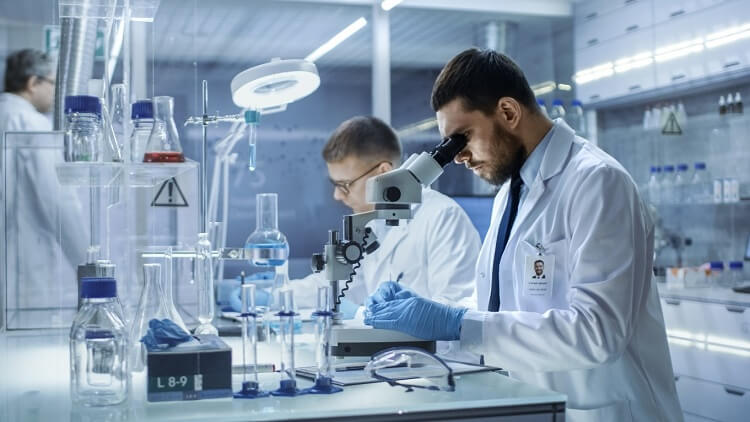A Sydney start-up is changing cancer research for the better
Sydney based start-up, Iventia, has built a new 3D bio-printer which could soon help accelerate cancer research in medical labs.
The printer
The bio-printer, known as Rastrum, is able to print human cells at a rapid rate – allowing realistic tumours to be created in medical research labs. The technology eliminates the need for time-consuming manual labour by researchers and lab workers.
Emulating ink-jet technology, the machine will allow scientists test cancer drugs more easily and conduct multiple experiments at the same time.
“One of the comments we had from a researcher was he was able to produce more cell models with Rastrum in a few weeks than he previously produced in an entire PhD,” Cameron Ferris, Inventia’s Chief Operating Officer said.
Kaylene Simpson from the Victorian Centre for Functional Genomics said the printer is predicted to have a profound effect on cancer studies.
“It’s a game changer for us in a discovery-based science … we can screen through thousands of drugs,” she said.
Iventia aims to have its printer helping in medical laboratories across the world.
The future
There are many doctors and scientists excited for the potential uses of the printer outside of cancer research.
It’s hoped that through further research and development, that a similar technology can be used to grow skin, tissues, and organs.
“The great promise of 3D bio-printing as a technology is the ability to print tissues and potentially organs on demand using a patient’s own cells, so in the coming decades as this technology matures that’s the ultimate vision,” Mr Ferris said.
“If you can literally print you a heart with your DNA and replace it… it could save a lot of lives.”





